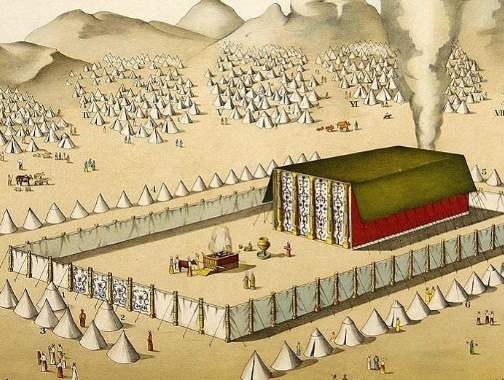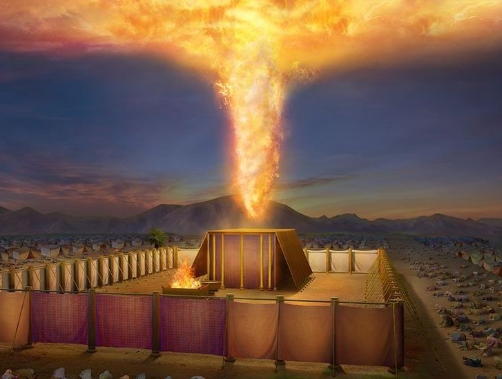
My hope is that this series will offer my readers a chance to consider the names, characteristics and descriptions of our God in the Word.
The remaining Names of God in this series might be considered descriptors, or characteristics of the Lord. We have reviewed the three primary Names of God, along with nineteen compound Names of God in our previous posts. As we venture through these descriptors of our God, I hope we will recognize all the many characteristics of our God that we tend to take for granted.
The Word is truly rich with descriptions of the Living God, and this effort of searching in the Word was quite illuminating. He truly is the ultimate subject of the Word, and His revelation of self-descriptions, or the accolades offered Him by His priests, prophets, kings apostles and faithful truly is a blessing.
May the Name of the Lord be praised, and by thinking on His name, may you have a blessed day.
| 85 |
| CONSOLATION OF ISRAEL |
| Luke 2:25 Now there was a man in Jerusalem, whose name was Simeon, and this man was righteous and devout, waiting for the consolation of Israel, and the Holy Spirit was upon him. |
| The Consolation of Israel. Consider Simeon. He was a righteous and devout man, and my assumption has always been that he was a priest, but when I read the passage above there is no indication he was of the priestly line. He was, I suppose, a simple man who followed the Lord, and was given an opportunity to see his salvation, to hold his salvation, and to speak of his salvation’s mission to the nation of Israel and the gentiles. But let us not forget that the Gentiles Simeon spoke of included the very people who were oppressing the people of Israel. Simeon’s waiting for Jesus, the Consolation of Israel, was in the midst of living under oppression. And yet Simeon had the foresight to describe Jesus, the Consolation of Israel, as the One would be a light of revelation to the oppressors, those gentiles that dominated the people of God. Even before Jesus could speak, His life was described by Simeon as the One who would provide for His enemies a light for the Gentiles. I can’t help but think that Simeon had recently, by the providence of God, read from the scroll of Isaiah, where the Lord speaks of the Servant of the Lord, our Messiah. Isaiah 49:6 he says: “It is too light a thing that you should be my servant to raise up the tribes of Jacob and to bring back the preserved of Israel; I will make you as a light for the nations, that my salvation may reach to the end of the earth.” Simeon saw the writing on the wall, and though the physical nation of Israel was under oppression, a new nation would erupt due to the light extending to the nations, and that salvation would reach the ends of the earth. For God had much bigger dreams for His creation than many had considered, and for that we should be eternally grateful. We have a Consolation that provides light to those who oppress, to those who are enemies. Are we mimicking the Great Consolation? |
I would love to hear of your favorite name, characteristic or description of the Living God. Please leave me a comment, and I will include it in the list!
Thanks again for coming to visit. I hope you found something of interest in this post and would appreciate a comment, to begin a discussion. If you know someone this blog may bless (or challenge), send them a link, so they may join us in our discussion.
Come join us at Considering the Bible








